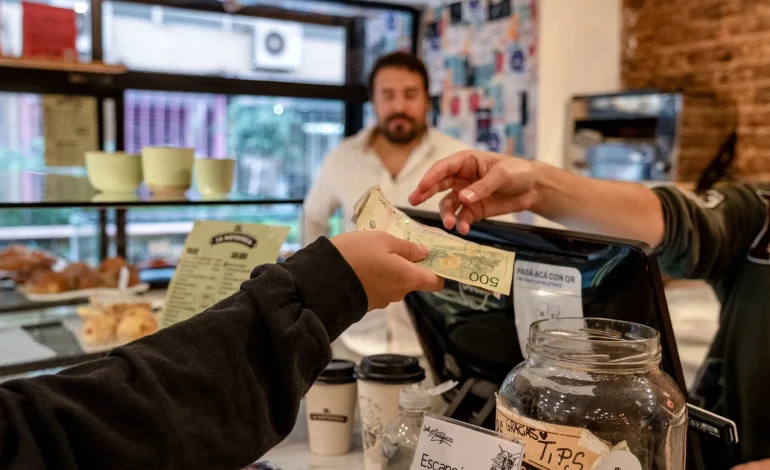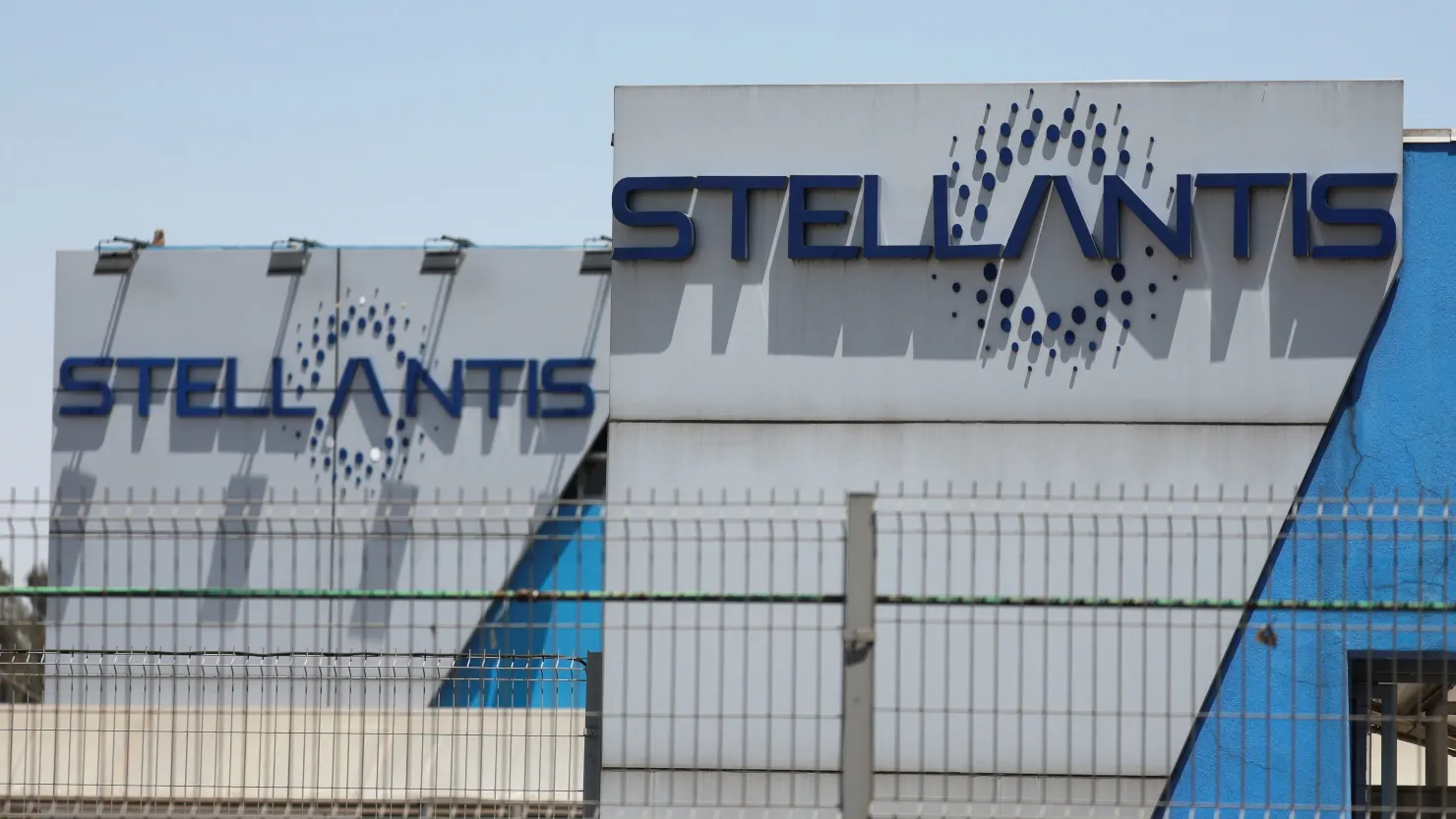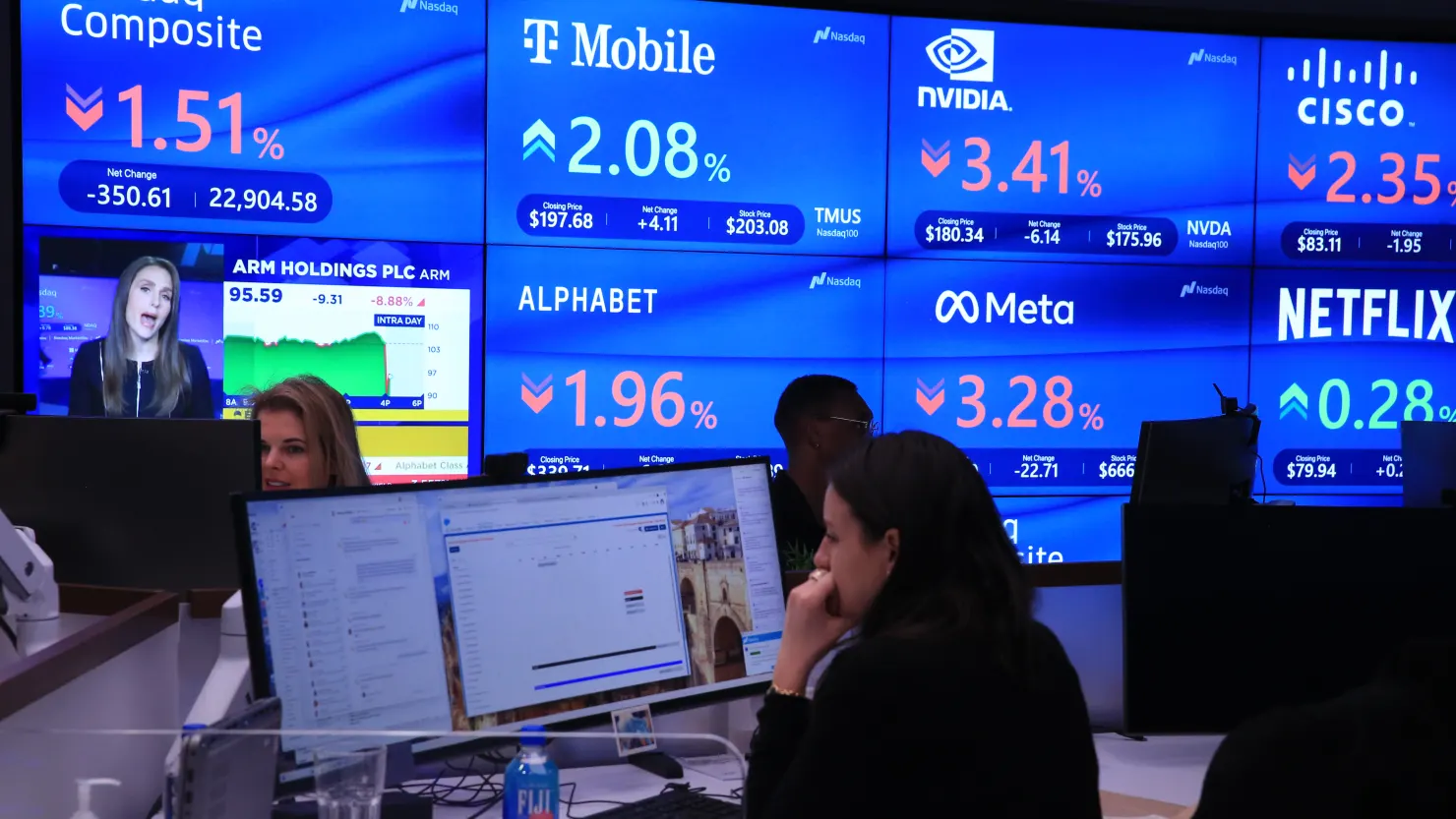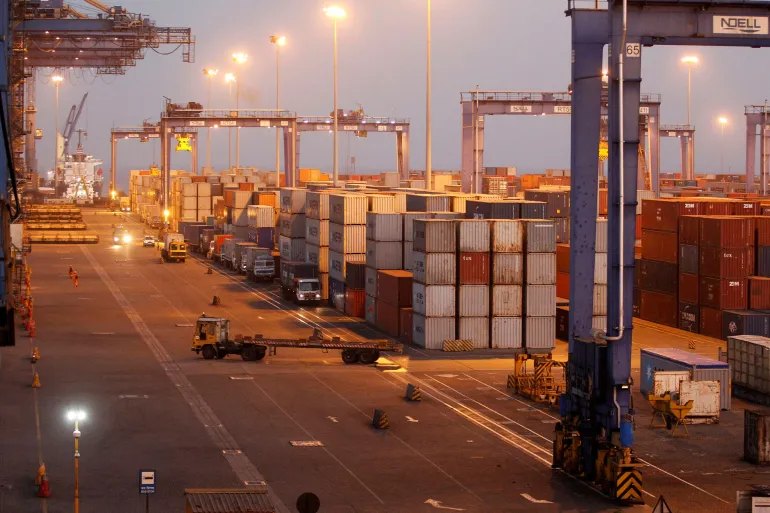Milei’s Austerity Gamble: Businesses Cautiously Optimistic Amid Peso Plunge

Javier Milei’s dramatic economic reforms, including a significant peso devaluation, are sending ripples through the Argentine economy, but businesses are adopting a surprisingly cautious, rather than panicked, approach, Bloomberg reports.
Despite the IMF’s substantial investment and Milei’s free-market rhetoric, uncertainty remains as companies grapple with volatile conditions and weakened demand.
The construction materials industry offers a microcosm of this cautious optimism. Following the 12% peso slide, businesses selling imported goods have predictably passed on increased costs. However, anecdotal evidence suggests a desire to avoid a complete market freeze.
“There were some adjustments, but my feeling is that nobody wants this to go to hell,” explained Pablo Gaitán, owner of Corralón Ciudadela, a lumberyard outside Buenos Aires. “We try to be careful. We all want to sell.”
This sentiment is echoed by Fernando Furci, Director General of the Argentine Chamber of Importers. Traditionally, currency devaluation events have led to abrupt sales halts. This time, however, Furci notes a difference.
“Some are delivering goods with open invoices, and settling the prices later,” Furci said, highlighting a level of trust in the stabilization of the situation. “Demand is weak. Margins are slim. Companies are studying every move. Nobody is in a position to act aggressively.”
The “open invoice” approach reflects a willingness to gamble on future stability, driven by a necessity to maintain business continuity in the face of shrinking margins and cautious consumer spending.
The IMF’s multi-billion dollar bet on Milei’s “chainsaw” approach – a reference to his aggressive austerity measures – underscores the high stakes involved. While Milei urges Argentine farmers to capitalize on the devaluation by selling their soy now, questions remain about the long-term impact of his policies. Some analysts argue that simply erasing the economic history that preceded him will not be enough to fully reassure foreign investors.









The latest news in your social feeds
Subscribe to our social media platforms to stay tuned